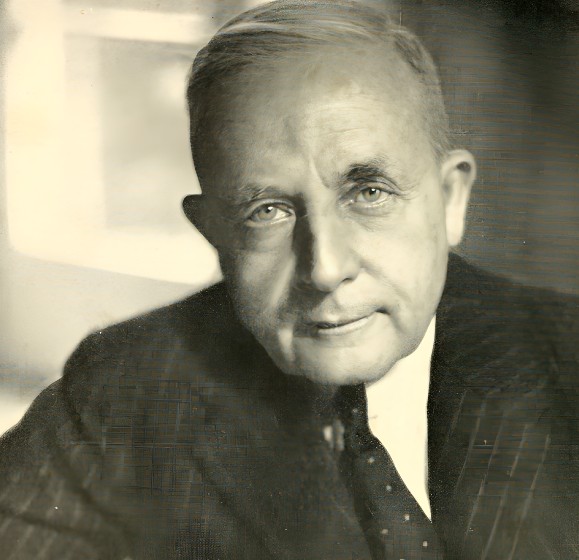Diseases Simply Do Not Exist: Warburg's audacious claim that health is chemistry
In 1931, Otto Warburg received the Nobel Prize for discovering how cells breathe—how they harvest energy with oxygen. Then he spoke a phrase that startled the world: “Diseases simply do not exist.” He wasn’t denying illness; he meant that disease begins when the body's internal environment falters, especially its acid-base balance and how cells metabolize. He believed health could be understood as chemistry, and that what we eat and how we live can tilt that chemistry toward or away from disease. This provocative idea would guide a lifetime of research and a controversial claim that still lingers in conversations about nutrition and cancer.

In This Article:
A double doctorate and a lifetime studying cellular respiration
Warburg was born in 1883, into a family with a physicist father, and earned two doctorates — one in chemistry and one in medicine — reflecting a lifelong curiosity about how the human body works. He devoted his career to the question of how cells breathe and generate energy, leading to a radical rethinking of cancer and disease. He introduced the idea that cancer cells alter their metabolism, shifting to glucose consumption without relying on oxygen, a phenomenon now associated with the Warburg effect.
The Warburg effect and the acid-base balance
In his laboratory, Warburg observed that cancer cells behaved differently from healthy cells: normal cells use oxygen to extract energy, while cancer cells shift to glucose metabolism even when oxygen is present. He proposed that when cells cannot breathe properly, their metabolism changes and disease can begin. He connected this to the body's acid-base balance, arguing that many illnesses start from a disrupted internal environment. A modern diet—fast food, sugary drinks, processed foods—can push the body toward acidity, prompting the body to compensate by pulling minerals from bones and muscles, with symptoms like joint pain, brittle hair and nails, and chronic fatigue. He even warned that alcohol is a potent acidifier, and that one glass of sugary soda requires about 30 glasses of water to neutralize its effect on balance.
Simple rules Warburg lived by
Based on his observations, Warburg proposed simple health principles and tested them on himself. He lived to 86, preserving mental clarity and curiosity to the end. Morning routines began with a glass of plain water on waking (often with lemon) and a daily intake of at least two liters of water to keep the body alkaline. Fresh vegetables, dressed with olive oil and lemon, formed the backbone of his meals, supplying minerals to support balance. Almonds served as smart snacks, providing magnesium and calcium to stabilize blood sugar, and he recommended spirulina to boost blood composition and energy. Movement and deep breathing were essential: long daily walks, stairs instead of the elevator, and regular time in nature to escape city smog.
Legacy, nuance, and what modern science says
Modern medicine does not confirm every Warburg claim. The idea that shifting bodily pH can prevent or cure major diseases remains disputed; the body maintains robust buffering systems that keep blood pH within a very narrow range. Yet his dietary principles—more vegetables, adequate hydration, and moderation of processed foods—resonate with contemporary nutrition. Warburg may have overstated the role of acid-base balance in cancer, which is now understood to be multifactorial and far more complex. Still, his core discovery about cellular respiration remains foundational to biochemistry, and his simple health rules feel remarkably relevant today. He often reminded us: “The human body is a masterpiece of chemistry.” The truth is that health depends on many factors—genetics, environment, stress, and age—and a thoughtful approach to eating and living can improve well-being and reduce risk in meaningful ways.

